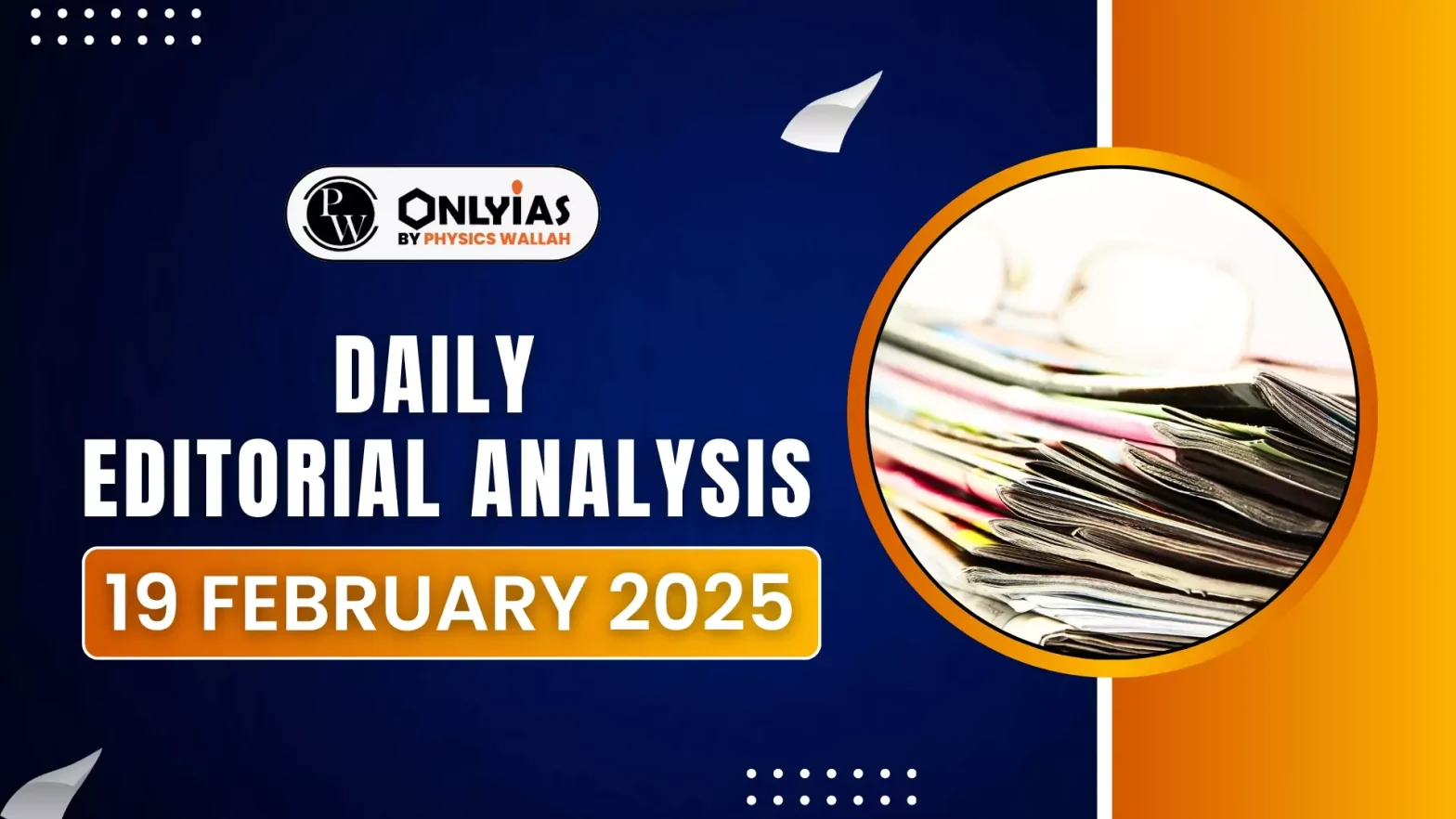![]() 19 Feb 2025
19 Feb 2025

Recently, the government proceeded with Gyanesh Kumar’s elevation as CEC and Vivek Joshi’s induction as EC, despite objections from the Leader of Opposition
A transparent, impartial selection mechanism is essential to uphold democratic integrity and electoral fairness.
| Mains Practice Question |
|---|

<div class="new-fform">
</div>